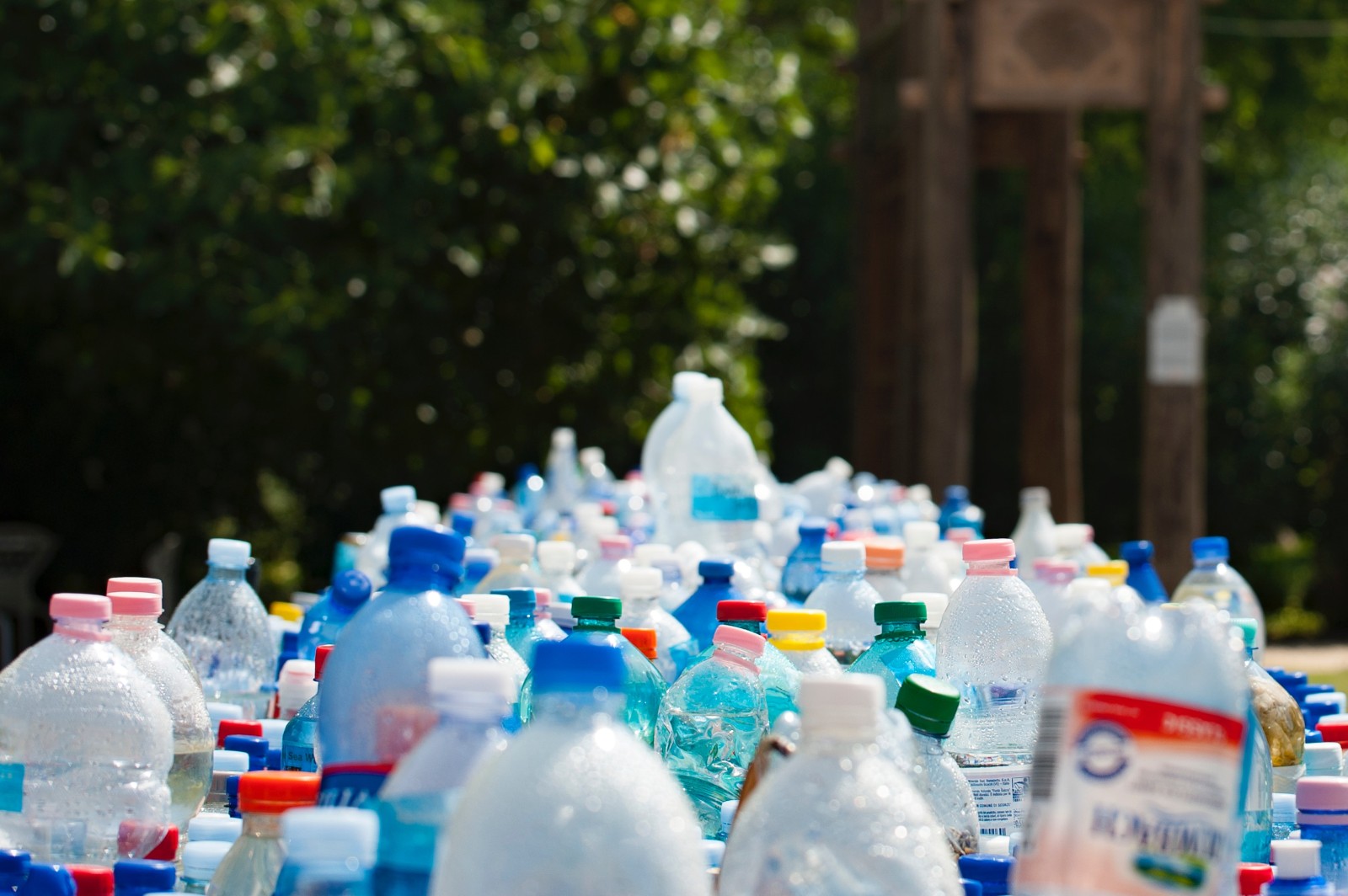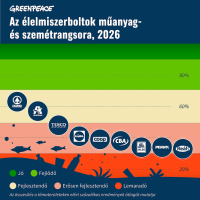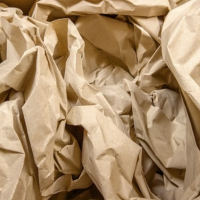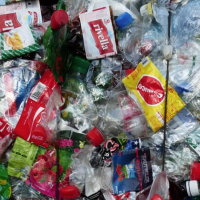England recycles more organic waste than dry recyclables for the first time
Ez is érdekelhet

New figures released today (10 February) show that local authorities (LAs) in England recycled 48.5 per cent of household waste in the first quarter of 2014/15 (April-June 2014), the highest rate achieved for this period since reporting of this measure became available in 2010.
According to the ‘Provisional Statistics on waste managed by local authorities in England including April to June 2014’ from the Department for Environment, Food & Rural Affairs (Defra), of the 6.1 million tonnes of household waste collected between January and March 2014 (the most collected since this reporting measure began in 2010), 2.9 million tonnes were sent for recycling, with more than half (1.5 million tonnes) consisting of organic materials (food and garden waste). This is the first time that organics recycling has overtaken the amount of dry recycling processed.
The figures show that the rise in organics recycling levels was largely due to a record amount of garden waste (and mixed food and green waste) being collected for recycling in Q1 2014/15, up by 17.4 per cent (to 1.4 million tonnes) on the same quarter the year before.
Defra attributes this rise to the fact that there was ‘warmer than average weather recorded for England in the spring of 2014’ (around 1.3 degrees Celsius warmer and largely wetter than the 1980-2010 average for these three months, according to the Met Office), which was likely to have generated more green waste and encouraged greater participation in recycling. (However, it is also likely to be influenced by the fact that more councils are offering garden and food waste collections as part of their waste service.)
The rise in organics recycling follows a similar trend in the previous quarter (January-March 2014), when organics recycling rose by 157,000 tonnes to 601,000 tonnes, compared to 444,000 tonnes in the first three months of 2013.
The tonnage of separately-collected food waste sent for composting or anaerobic digestion also greatly increased from the same quarter last year, rising by 11.3 per cent to 72,000 tonnes between April and June 2014.
Household dry recyclables equated to 24 per cent of all household waste collected, down by one per cent on the same quarter last year, and 49 per cent of all materials sent for recycling. Of the 4.6 million tonnes of dry waste collected (total waste arisings less separately collected food and other organics), 31.7 per cent (1.48 million tonnes) was recycled.
Finally, the quarterly figures show that April-June 2014 saw the highest ever proportion of waste recovered for energy, coming in at 21.3 per cent. This was largely due to an increase in the amount of waste sent for incineration, which reached a high of 905,000 tonnes, 36 per cent of all waste disposed. Just over 63 per cent of waste collected for disposal was sent to landfill.
Source: resource.co







